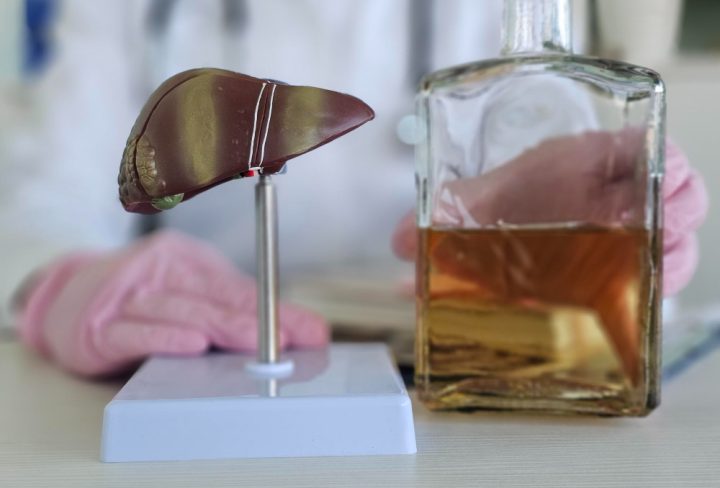Alcoholic Liver Disease (ALD) is becoming more common in India, posing a significant challenge to public health. This rise is due to increased alcohol consumption, which affects liver health. This guide is here to help you understand everything about what is Alcoholic Liver Disease. We will discuss its causes, effects, and treatment options. By being aware and taking early steps, we can prevent ALD from advancing into more severe stages.
Understanding Alcoholic Liver Disease
So, what is Alcoholic Liver Disease? It’s a condition where the liver is damaged due to drinking too much alcohol. The liver is a vital organ that helps in digesting food, storing energy, and removing toxins. When we drink alcohol, the liver processes it. But too much alcohol can harm the liver’s healthy tissues, leading to ALD.
The primary cause of ALD is excessive alcohol use. However, not everyone who drinks heavily will get ALD. Some people are more at risk. This can depend on how much you drink, how often, and other health factors.
ALD progresses through several stages:
- Fatty Liver (Steatosis): At this stage, fat builds up in the liver. It is often reversible if you stop drinking.
- Alcoholic Hepatitis: This is an inflammation of the liver and can range from mild to severe. Even with minor inflammation, continuing to drink can lead to more liver damage.
- Cirrhosis: Here, severe scarring of the liver occurs. The liver can’t perform its duties well, leading to serious health issues. Unfortunately, this stage is usually irreversible.
Alcoholic Liver Disease symptoms aren’t always obvious initially. They can start with simple Alcoholic Liver Disease signs like:
- Feeling tired or weak
- Loss of appetite
- Abdominal pain
- Yellowing of the skin (jaundice)
As the disease progresses, symptoms can worsen, affecting daily life.
Impact, Treatment, and Prevention
ALD can severely impact liver function. With a damaged liver, the body can’t detoxify toxins as effectively. This affects your overall health, causing more problems over time.
Alcoholic Liver Disease diagnosis is crucial for treatment. Doctors may use blood tests, imaging studies, or even a liver biopsy to diagnose ALD. Early detection can make a big difference.
When it comes to Alcoholic Liver Disease treatment options, several paths may be recommended depending on the disease stage:
- Lifestyle Changes: Reducing or stopping alcohol intake altogether is vital. Eating a balanced diet also helps the liver function better.
- Medications: Some medications may ease symptoms or slow damage. They’re often used for treating inflammation or other complications.
- Alternative Therapies: Methods like nutritional therapy or liver support supplements might be suggested, although they require more research.
- Liver Transplantation: In advanced cases, when the liver is badly damaged, a transplant might be the only solution.
But prevention is always better than treatment. Here’s how to prevent ALD from getting worse:
- Drink alcohol in moderation.
- Keep up with regular health check-ups to spot any early signs.
- Maintain a healthy weight and diet.
Facing the Myths, Consequences, and Genetic Factors
There are many myths about ALD. Some think only older people or long-term heavy drinkers get ALD. However, drinking habits vary widely. Anyone can develop it.
The consequences of not treating ALD can be severe. For individuals, the disease can lead to decreased liver function and a lesser quality of life. For families and communities, it can mean economic pressures and emotional stress due to health care needs.
Moreover, genetics play a part in who gets ALD. If you have a family history of liver problems, you might be more at risk. Knowing your family health background can help with preventive measures. It’s always good to be proactive in managing health risks.
This guide aims to enlighten you about ALD. Knowing what is Alcoholic Liver Disease and its aspects can enable you to make informed decisions about your health or support others who might be at risk.

